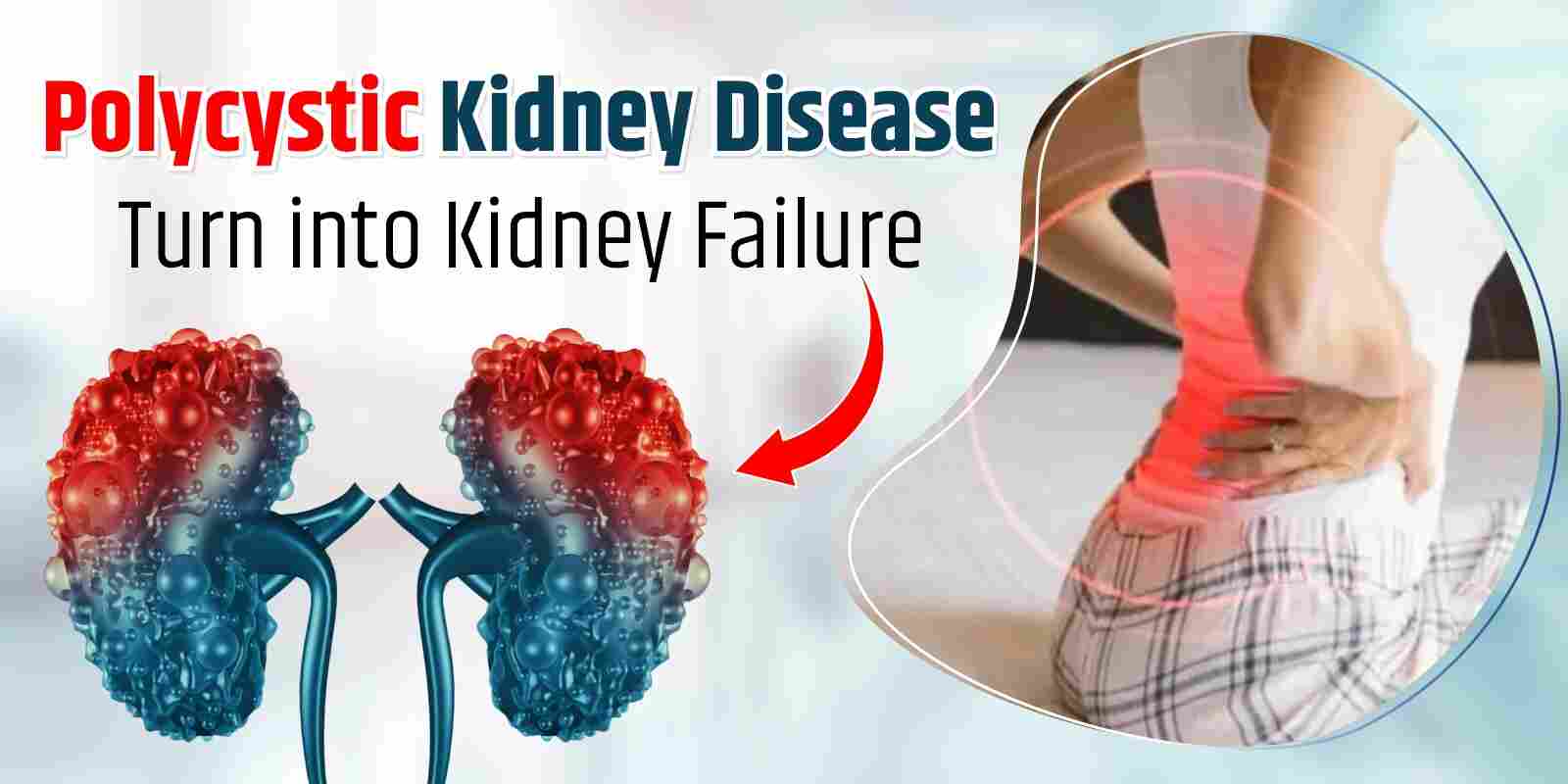
Polycystic kidney disease (PKD) is a genetic disorder that leads to fluid-filled cysts proliferating in the kidneys. These cysts can, over time, gradually enlarge and inflict damage on the kidneys. While PKD does not induce kidney failure immediately, the persistent growth of these cysts can cause multiple renal issues in the future. Polycystic kidney disease treatment in Ayurveda, that is why, emphasizes slowing down the progression of the disease to avoid complications.
PKD is primarily an inherited condition (meaning it is passed down through families). There are two main types: Autosomal Dominant Polycystic Kidney Disease (ADPKD) is the most common form, usually seen in adults. This type is typically diagnosed between ages 30 and 40; however, cysts can begin forming in childhood. ADPKD affects both kidneys, causing them to enlarge and eventually lose function because the cysts grow and multiply. Autosomal Recessive Polycystic Kidney Disease (ARPKD) is a rarer form that usually appears in infancy or early childhood. This form of PKD tends to be more severe and can lead to kidney failure much earlier in life.
Kidney failure (or end-stage renal disease (ESRD) occurs when the function of the kidneys is severely limited. In people with PKD, however, kidney failure can occur due to the following reasons:
Dealing with kidney failure can feel daunting. Nevertheless, in addition to your doctor’s advice, there are more natural ways you can help support your kidneys to regain a better sense of control for your health. Think of it as giving your body a little more love and nurture in a natural way.
First, your diet is going to be your best ally. You want to focus on fresh whole foods; fruit (like apples and berries), vegetables, and herbs that are easy on the kidneys. You should limit your intake of salt, processed foods, and avoid any heavy protein. Hydration is equally important, just remember to sip it instead of gulp it down, especially if your amount of fluid intake is limited.
Ayurveda, the ancient Indian form of medicine, has been around for many centuries and has herbs, like Punarnava, Gokshura, and Varun, which have supported kidney health and might support the gentle flushing of toxins. Make sure to contact an Ayurvedic practitioner and take their advice on whether herbs are suitable for your body.
Stress exacerbates tension, so it is essential to create space for rest and emotional healing. Working with your body by utilizing yoga, gentle breathing, or other forms of meditation can calm the mind and body meaning it will support healing.
While natural remedies won’t reverse kidney failure on their own, they can absolutely support your treatment, improve quality of life, and may even slow progression when started early. Just be sure to work closely with both your nephrologist and a qualified holistic expert. Healing isn’t just about the body; it’s about feeling better in every sense.
While (there) is currently no cure for PKD, however, several things you can do to slow the progression of the disease and delay the onset of kidney failure. Early detection and proactive management hold the key to preventing failure due to PKD.
Polycystic kidney disease (PKD) can lead to severe health complications, including kidney failure. However, with proper management, it’s possible to slow down the progression of the disease. staying informed, leading a renal-friendly lifestyle, and consuming a healthy diet will help you avoid complications related to PKD. If you experience serious symptoms, then visit Karma Ayurveda for kidney failure treatment so that you can overcome PKD.
"Ayurveda is not just a system of medicine; it's a way of life. Connect with us to embrace a lifestyle that nurtures your body, mind, and soul."

Certificate no- AH-2023-0186
JAN 05,2023-JAN 04,2026